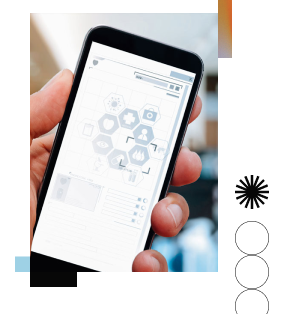Construction fleet management software company – QA
- Industrial
Defined a QA program that reduced mean time to bug resolution from months to hours

Challenge
Outcome
A leading provider of fleet management software designed for bulk material supply companies engaged Catalyte for a complete system rewrite of its Industrial Internet of Things (IIoT) application. As part of this project, Catalyte performed a comprehensive assessment of the client’s existing QA practices. This assessment revealed opportunities for improvement, including testing frameworks, test automation, user acceptance testing, defect notification and writing test cases.
Creating a QA program from scratch
To help the software provider capitalize on these opportunities and continue its digital transformation, Catalyte defined a brand new QA program. This program implemented the tools and automated tests to support rapid, automated deployments. Catalyte integrated QA into every client team, decision and step of the software development lifecycle from early planning and architecture, through development and operation.
Reducing mean time to bug resolution from months to hours
With QA engineers embedded in all three development teams, Catalyte created a robust, streamlined and automated QA program that included repeatable frameworks, tools and processes that could scale for future projects. At the same time, with the expanded focus on writing clear test cases and increased automated testing, Catalyte was able to reduce mean time to bug resolution from months to hours.
QA becomes key part of total application modernization
Catalyte’s QA team accomplished this with a Selenium-based testing framework for web applications and Appium for mobile applications. These integrated with Cucumber, which allowed behavior driven development for automated tests.
Catalyte’s success in QA has been a critical piece of the system rewrite. Facing pressure from its users for a more streamlined, user-friendly experience, the client can now deliver industry-leading software faster and with fewer defects.
Key takeaways
Modernize QA practices
Institute new test practices
Increase project insight
Improved reporting
Key technologies/skills
- QA automation
- Appium
- Selenium
- Cucumber
- Rest Assured
- CI/CD
Share on social
Related success stories
- Industrial

